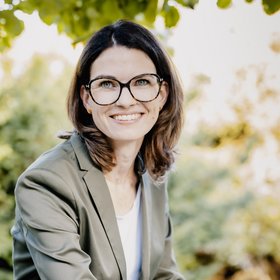
Contact
BNITM Presse
Telefon: +49 40 285380-264/269
E-Mail: presse@bnitm.de
Telefon: +49 40 285380-264/269
E-Mail: presse@bnitm.de

We are using cookies to create an optimal user experience for our visitors.
Privacy policy
To better understand what how visitors use our webpage.
This allows to show you maps from Google or Baidu.
These are required for the pages to function properly.

